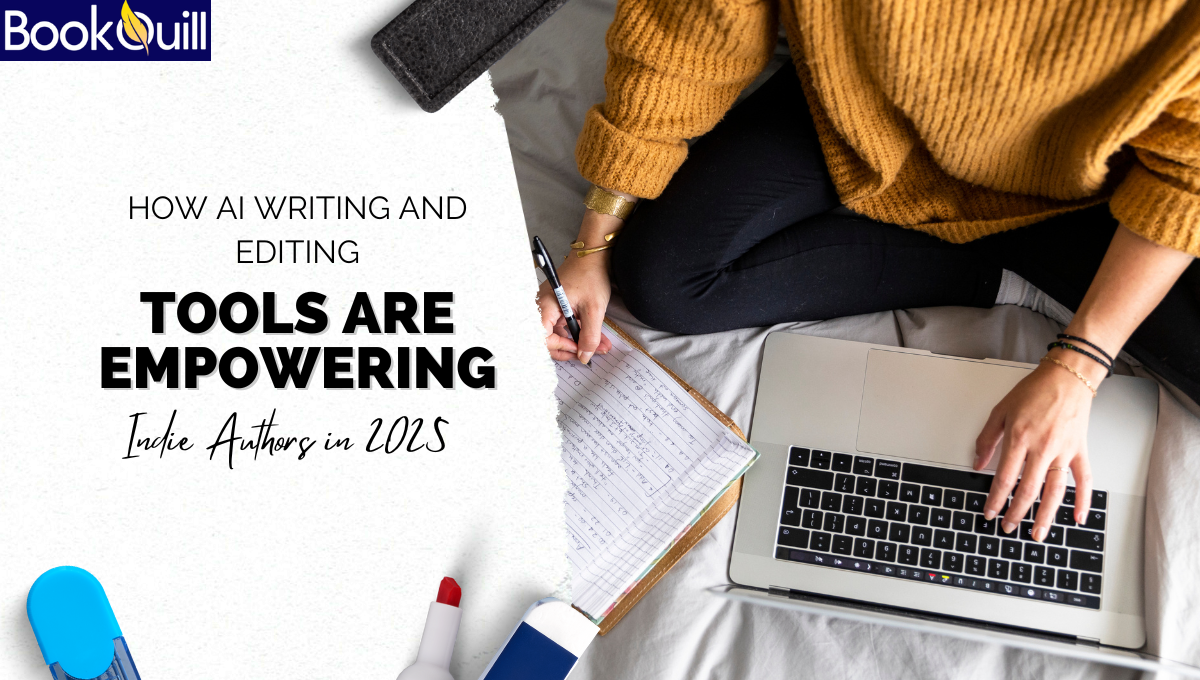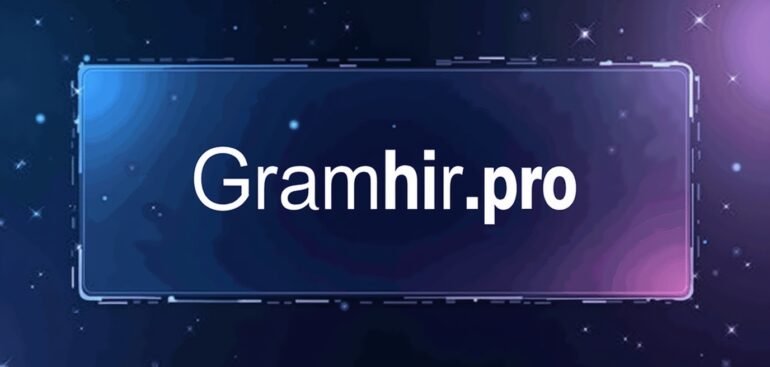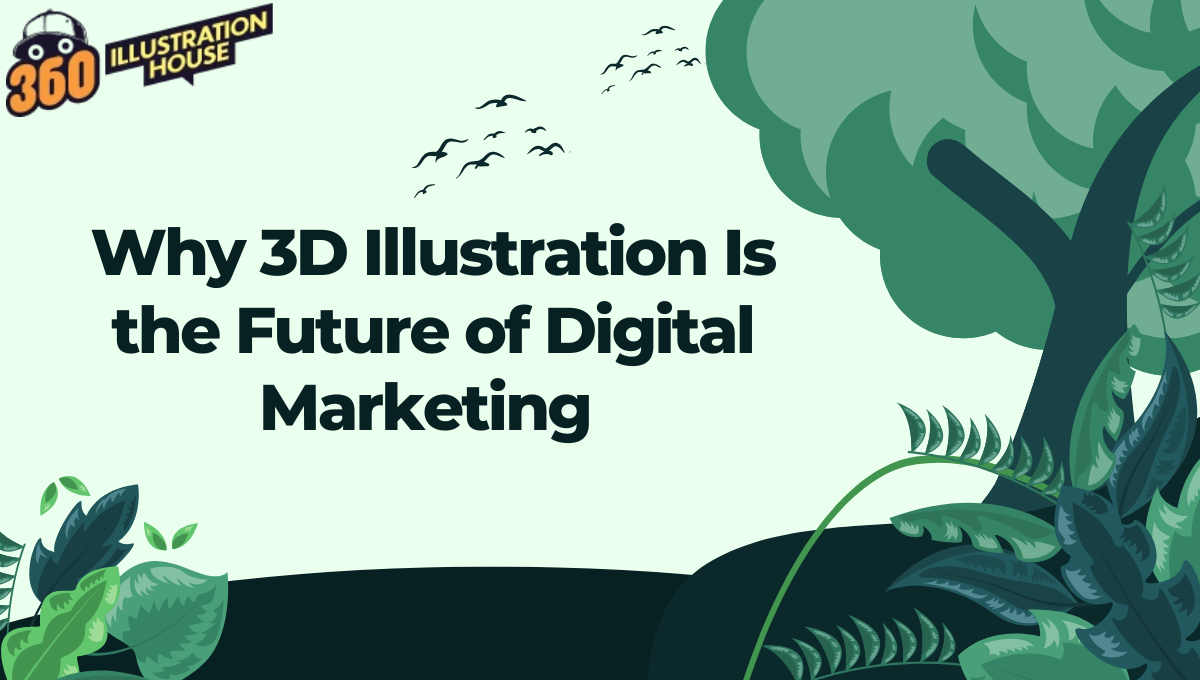There was a time when all the hard work of writing happened on a typewriter—make one mistake, and the entire page was ruined. But those days are long gone.
Our little planet, Earth, has evolved. It has birthed a form of intelligence once confined to the realm of 70s and 80s sci-fi flicks—only now, it’s real. AI writing has been gaining momentum ever since the rise of ChatGPT, and tools like Jasper, Grammarly, Sudowrite, and more have taken center stage. More and more people are leaning toward machines instead of hiring a traditional ghostwriter.
But with every leap forward comes a string of questions:
- Can I really write an entire book with AI?
- Is AI any good at editing my work?
- Why is there such a massive shift toward these systems?
- And above all—is it ethical to use them for creative work?
To tackle these burning questions, I’ve put together this blog based on extensive research—and my own experiments. So keep reading if you want the real scoop.
The Rise of AI Writing Tools
From ChatGPT to Sudowrite: The Big Players
As we already know, A.I. is advancing at a rate no one saw coming. The market is now flooded with A.I. writing tools—each one carrying its own set of promises, quirks, and caveats. ChatGPT leads from the front, known for its ability to mimic near-perfect human tone, spark ideas, and generate prose that’s nearly ready for publication. Jasper leans into a marketing-driven approach, offering templates tailored for product copy, blogs, and sales funnels. Sudowrite has become the darling of the fiction world, praised for its poetic phrasing, plot-enhancing suggestions, and that “show-don’t-tell” finesse. Then there’s Grammarly, the reliable old guard of grammar correction, and ProWritingAid, which digs deeper into style and structure for those who want their sentences sharp—not sterile.
These tools generally fall into two camps: A.I writing assistants and editing enforcers. The first gets the words flowing—brainstorming plot twists, outlining chapters, and kicking off drafts. The second steps in after, refining tone, cleaning up grammar, and tightening structure. It’s a digital tag team: one writes, the other polishes. Together, they’ve become indispensable for many indie authors—especially those who either can’t afford or simply don’t want to rely on the best ebook writing services, preferring instead to keep full creative control in their own hands.
Why Indie Authors Are Turning to AI
Writing a book is never easy—it’s brutal for some. If you’re walking the indie path alone, you’re wearing every hat: researcher, writer, editor, proofreader, marketer. It’s a juggling act, and most days, you’re one dropped ball away from burnout. That’s where A.I. writing tools come in—they offer a shortcut. They save time, cut costs, and help authors move faster without sacrificing too much on quality. No more waiting weeks for feedback or paying a small fortune just to fix commas.
But here’s the twist: while A.I. gives you speed and control, it doesn’t have to be either/or. Premium ebook writing services still play a crucial role—especially when quality, strategy, and polish really matter. The best ones offer collaboration, not compromise. They bring professional insight and elevate your vision without hijacking it. For many, it’s the perfect balance between human expertise and tech-powered efficiency.
What AI Can—and Can’t—Do
Writing the First Draft
A.I writing tools doesn’t sleep, doesn’t procrastinate, and sure as hell doesn’t get imposter syndrome. Stuck on your opening line? It’s got twenty. Need five ways to kill your villain or pitch your nonfiction idea? Easy. These tools are built for output—they spit sparks that can light a fire under your story when your brain just… won’t.
But don’t get it twisted—AI’s not Hemingway, and it’s definitely not you. It can’t bleed onto the page. It doesn’t know what it feels like to lose someone, to chase a dream, or to write through grief. It can replicate voice, but it can’t live it. So sure, let the bot bang out a draft—but if you want it to hit hard, you’re the one who has to go in with a scalpel and soul.
Editing and Polishing
This is the zone where A.I. writing tools absolutely outmatch everyone. It’s a beast at catching grammar slip-ups, smoothing out awkward paragraphs, and blasting passive voice like a nuke in a test field. Tools like Grammarly, Hemingway, and ProWritingAid can take a chaotic mess and turn it into something that actually looks publishable.
But let’s not pretend it’s bulletproof. AI doesn’t ask why your sentence feels off. It won’t catch that your villain sounds like he’s auditioning for a soap opera. It’s great for cleanup—but it won’t fight for your story’s soul. That’s where real editors—especially the ones behind the best ebook writing services—still wipe the floor. They give your words teeth. They dig your voice out from the static.
The Ethical Grey Zone
Along with A.I writing comes a question that creeps in when the writing’s done fast and a little too easy—did I really write this? You hit the keys, sure. You shaped the sentences, cut what didn’t land, cleaned up the rest. But deep down, something feels… off. Like maybe the work didn’t bleed enough.
Most readers? They’ll never know. Maybe they don’t even care. But step into a room with people who do this for a living—editors, agents, serious authors—and you’ll feel it. There’s an unspoken line between crafting something and stitching pieces together. And when you call your book “personal” or “honest,” someone out there is gonna ask: how personal, exactly?
Truth is, there’s no shame in getting help. We all need a boost, a second brain, a hand with the mess. But when the soul’s missing? When the voice sounds borrowed and the heart’s nowhere in the work? That’s when it stops being writing and starts being decoration. If your name’s on the cover, your fire better be in the pages. Otherwise, what are we even calling it yours for?
The Shift: Creative Liberation or Dependence?
Writing used to mean wrestling with the page until it gave in. Long nights. False starts. Whole chapters tossed in the trash because they didn’t land right. But now? There’s help everywhere. A.I writing has cracked open the doors for indie authors in ways no one saw coming. It’s like someone finally opened a window in a locked room. No more waiting for inspiration to crawl in. Now you’ve got momentum. Options. A fast track through the grind. And sometimes, that’s all you need to finally finish what used to feel impossible.
But here’s the flip side. Lean too hard on the shortcut, and you stop building the muscle. You stop wrestling. You start letting something else fill in the blanks you were meant to fight through. And little by little, your voice softens, your edge dulls—you start sounding like everybody else. Polished, sure. But clean can be forgettable.
There’s no shame in reaching for help—whether it’s high-powered tech or one of the best book writing help services out there. The real trick is knowing when to lean and when to lead. Because at the end of the day, you’re the spark. The rhythm. The chaos and the clarity. The voice worth reading. Help can carry you, but it can’t define you. Don’t forget who the writer is.
It’s you. Always was. Always will be.
Conclusion: The Pen, the Bot, and the Balance
AI isn’t the enemy of creativity—it’s the jetpack. It’s the caffeine shot your manuscript needed at 2 a.m. when you almost quit. It’s not here to replace the writer; it’s here to make sure the writer finishes.
For indie authors in 2025, this is more than just a trend—it’s a revolution. You can draft faster, edit smarter, and publish with more confidence than ever before. But don’t let the convenience numb your edge. AI can write the words, but only you can make them matter.
In the end, the tools are powerful. But the power? That’s still all yours.
FAQs: Because You’re Not the Only One Wondering
Q1: Can I write an entire novel using AI tools?
Yes—but with caveats. AI can help generate content, structure plots, and even mimic tone. But if you want your story to resonate, you’ll still need to inject your own soul and style into the final draft.
Q2: Are AI editing tools better than human editors?
They’re faster, cheaper, and brilliant with grammar—but no robot can match the nuance, intuition, or emotional radar of a seasoned human editor. Ideally? Use both.
Q3: Is it ethical to use AI in creative writing?
Depends on how you use it. As a collaborator or assistant, it’s fair game. As a ghostwriter you pass off as your own voice without input? That’s where the ethical waters get murky.
Q4: Will readers know if I used AI?
Probably not. But seasoned writers might feel it. And if your story feels soulless, overwritten, or generic, AI’s fingerprints may be showing. Your best defense? Reclaim your voice in the revision phase.
Q5: What’s the best balance between AI tools and professional services?
Use AI to break through inertia, brainstorm, and polish. Then bring in professional book writing or editing services when you want strategic input, a human touch, or publishing-level finesse.













Leave a Reply